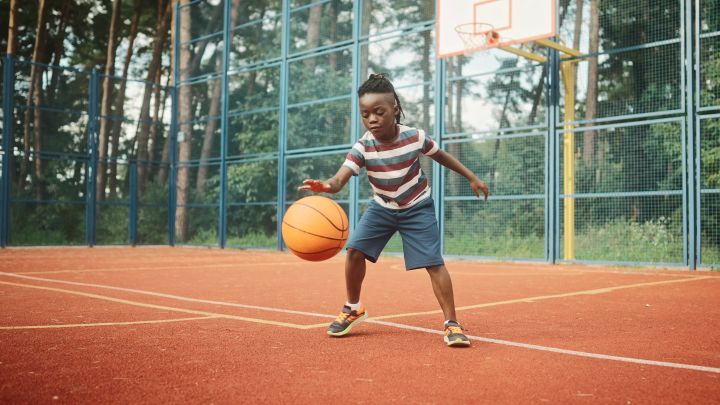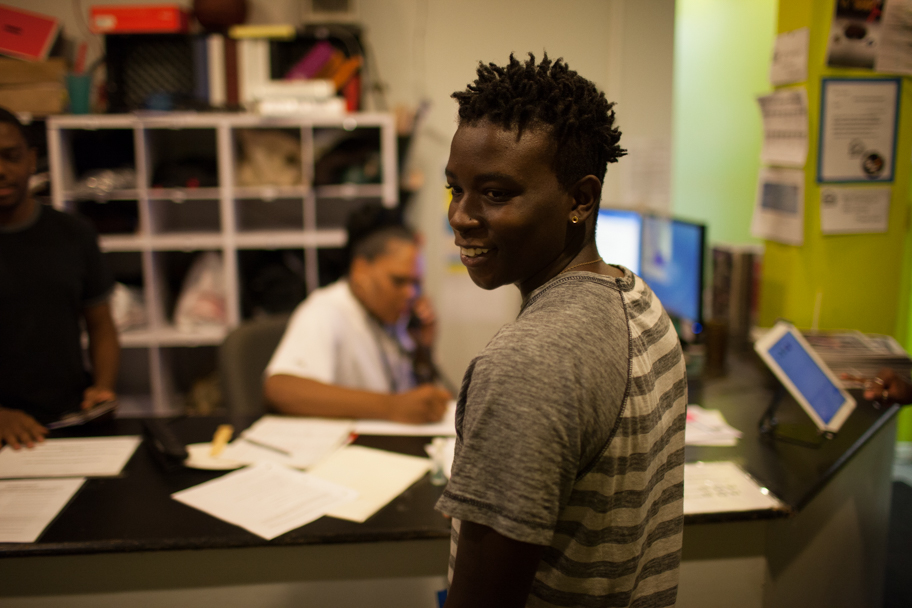Did you know that if Americans ate one more serving of fruits and vegetables in a day, this would save more than 30,000 lives and $5 billion in medical spending, each year!
If kids taste and eat fruits and vegetables early in life, their lifelong healthy eating habits can be positively influenced. But this can be easier said than done for some, especially those who live in food deserts where they lack access to fresh foods – areas like Detroit where 48% of households are food insecure.
Inadequate access to nutritious foods is associated with both childhood and lifetime chronic health problems like obesity, cardiovascular disease, and diabetes which in turn impact an individual’s opportunities for advancement and success. In fact, in Detroit, nearly 1 in 3 children ages 10-17 are overweight or obese.
That’s why, with $47,500 in grant support from The Children’s Foundation, Big Green has partnered with The School at Marygrove to build a learning garden, farm and student-led farmer’s market. The Learning Garden will implement edible education programming to over 300 students throughout the school day and during after-school programming. In addition, the farm will provide nutrition programming into Detroit’s Livernois-McNichols neighborhood and impact the community’s access to healthy, local food.
The goal of this collaboration is to help students understand where their food comes from, the difference between food that fuels their bodies and brains and those that just fill their bellies and empower them to make healthier choices.
School gardens are one of the best ways to increase a child’s intake of fruits and vegetables. The new initiative at The School at Marygrove offers Big Green the opportunity to implement a local initiative that can serve as a model for other projects on a national scale.
The School at Marygrove will serve as a community hub that increases access to healthy food, engages students in experiential, whole child learning through the garden and farm spaces, and integrates families and the greater community in food literacy programming. In addition, the farm will serve as a model for career development, STEM education, and effective community engagement and involvement of local partners from the start of the initiative.





